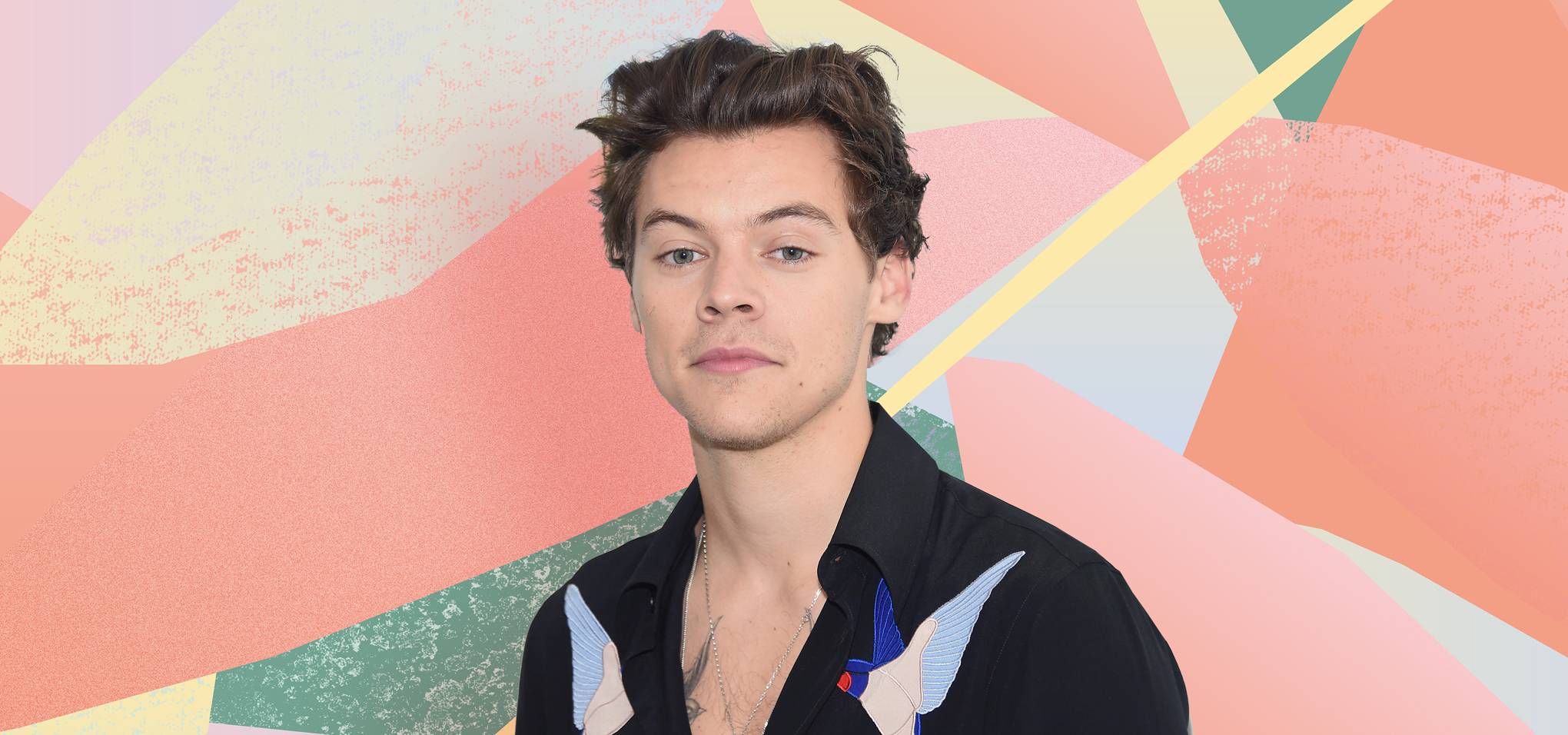Lizzie Wright voices her take on the topic of queer-baiting within modern music.
Do artists have the right to remain ambiguous or should we require artists to index their sexuality in their music?
Queerbaiting Definition:
A marketing technique used in the entertainment industry to appeal to an LGBTQ+ audience. It involves straight celebrities making their sexuality ambiguous to avoid alienating audiences.
It’s no secret that those who identify under the LGBTQ+ spectrum still face significant societal-based issues, from parental rejection to mental health problems. In 2020, we’re lucky to have a large queer presence in the music world, encompassing all genres. However, with the queer experience being such a unique one, should we expect these artists to write songs about their own experience?
When an artist releases a track about their identity, it’s them reaching out to their fans and saying you aren’t alone. To those who don’t see themselves represented as much in mainstream media compared to their straight/cis peers, it’s about their identity feeling recognised and validated by the wider world. Songs like Janelle Monáe’s ‘Make Me Feel’ and Lady Gaga’s ‘Born This Way’ have been marked as gay anthems for their discussion of queer relationships and their advocacy for equality. This makes for commercial success too, with ‘Born This Way’ becoming the fastest single ever to sell a million copies just five days after its release. Artists gain from writing about the queer experience just as much as the fans do.
But should we require queer artists to write about their experiences in the same way that straight people do? Some relief from the endless Ed Sheeran tracks aside, it’s important to remember that celebrity does not mean celebrated. Those who identify as queer have likely faced the same difficulties as those out of the limelight, and it can be hard to then make such a public statement about something that they’ve been previously put down for. What we can do is work to make sure that the world is a safe environment for acts to come out publicly in, by supporting their careers and their decision to choose when they announce their queerness.
Sadly, some celebrities remain closeted for a significant portion of their time in the spotlight, due to discrimination still affecting the LGBTQ+ community today. Fans have long speculated, for example, on whether Harry Styles is simply straight (or indeed whether he was in a relationship with One Direction bandmate Louis Tomlinson). The investigation of such rumours was so rampant that it affected Styles’s life and relationship with his male friends. However, in the same vein Styles has never refuted the rumours, choosing to stay silent as is his right. But some would say that he has been queer-baiting, using the rumours that he is LGBTQ+ to his advantage and never confirming or denying them in order to be considered a ‘gay icon’. In an interview with the Guardian, he said:
Am I sprinkling in nuggets of sexual ambiguity to try and be more interesting? No. […] I want things to look a certain way. Not because it makes me look gay, or it makes me look straight, or it makes me look bisexual, but because I think it looks cool. And more than that, I dunno, I just think sexuality’s something that’s fun. Honestly? I can’t say I’ve given it any more thought than that.
It’s all well and good that Styles is privileged enough to not have to care about his sexuality, but safe to say his queer fans are continuously let down by his avoidance of the subject, particularly when he’s potentially a straight man who knows full well what the influence his position as a potential queer icon has.
Regardless of whether his sexuality is our business, the exploitation of the LGBTQ+ community by queer-baiting is a pressing issue that Styles shouldn’t just let slide. Madonna and Britney fans will remember when, at the 2003 VMAs, the two shared a surprise kiss. The camera then cut to Spears’ boyfriend at the time, Justin Timberlake, who looked less than comfortable at the exchange. While many saw it as an iconic moment of lesbian visibility, the exploitation of the queer experience by two straight women, and the use of Timberlake’s reaction as a humourous reaction shows that this was actually just a cheap gag intended for shock factor. Ariana Grande performed the same move in her music video for ‘break up with your girlfriend, I’m bored’. Whilst allyship from megastars such as these is incredibly important, homosexual interactions are clearly being used to take advantage of those they’re trying to support, with it only serving to further push stereotypes rather than lifting up some of their most vulnerable, and most supportive fans.

